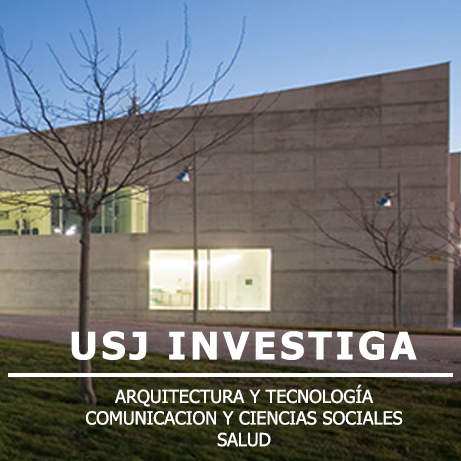Title: Promoting Deep and Wide Thinking / Early Dual Degrees in Basic Sciences, ThinkBS
Programme: Erasmus+, KA203 Grant: 2019-1-TR01-KA203-077194
Budget: 257.252 €
Partners: KADIR HAS UNIVERSITESI, DEBRECENI EGYETEM, FUNDACION UNIVERSIDAD SAN JORGE, UNIVERSITATEA POLITEHNICA DIN BUCURESTI
Summary:
ThinkBS Context:
About EU Higher Education Policy: EU leaders have agreed a target that 40% of those aged 30-34 should have a higher education or equivalent qualification by 2020. While higher education graduates are more likely to find employment than people with lower levels of qualifications, higher education curricula are often slow to respond to changing needs in the wider economy, and fail to anticipate or help shape the careers of tomorrow. Addressing Europe’s high-level skills needs requires action.
First, more people need to be attracted to the fields of study that prepare students for jobs where shortages exist or are emerging. In many EU Member States there is unmet demand for graduates in SCIENCE, TECHNOLOGY, ENGINEERING, (arts) and MATHS (STE(A)M) fields, medical professions and teaching.
ThinkBS objective:
The aim of the project is to develop mechanisms for supporting young individuals that are talented in abstract scientific disciplines, in particular in mathematics. The goal is to implement innovative practices for identifying, encouraging, educating and monitoring such individuals in an international setting. The present strategic partnership concentrates on individuals at the college level, with the purpose of developing an educational scheme that would be applicable in future.
The 36 month strategic partnership aims to identify non-math major students that are interested in learning mathematics and to provide a training equivalent to a minor program in mathematics via blended learning (face-to-face and on-line). Participating institutions will be involved in identifying non-math majors interested in further studies in mathematics or in using advanced mathematical techniques in engineering applications. The institutions involved in this program will develop dedicated curricula and course materials, build a learning platform and organize summer schools, along a road map designed in project meetings.


